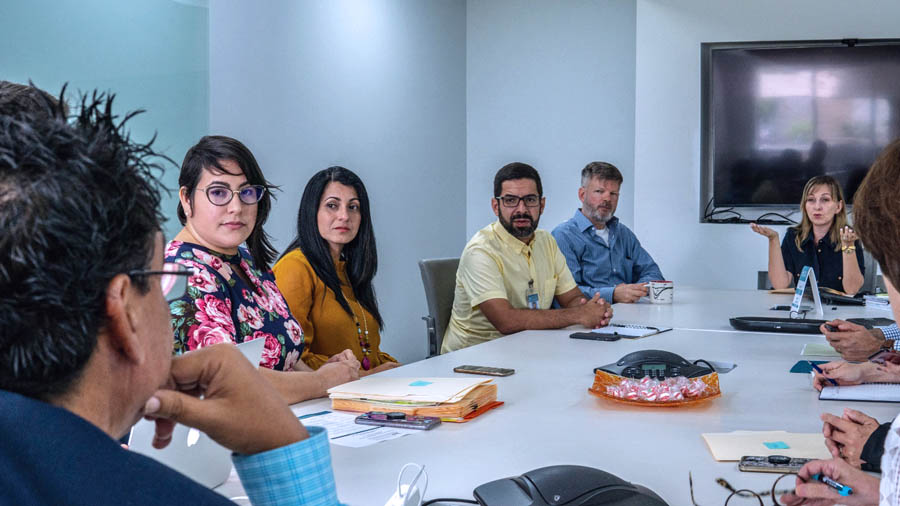Ponce Health Sciences University lands $22M grant for disease research

The National Institutes of Health’s Institute of Minority Health and Health Disparities has renewed a $22 million grant to the Ponce Health Sciences University (PHSU) to be used over the next five years.
Funding through the Research Centers in Minority Institutions Program (RCMI) has enabled PHSU to establish and develop an advanced investigation infrastructure, university officials said.
“The RCMI has been instrumental in transforming PHSU essentially an institution of graduate education, a vigorous scientific research center. The Program’s contribution has helped the PHSU faculty to increase the number and quality of publications in scientific journals indexed high prestige in high visibility forums at local, national, and international,” the university said.
This, in turn, has resulted in positioning the institution to a level of competitiveness that has allowed him to receive multiple grants for research and training of new biomedical scientists, officials added.
“Considering the current panorama of such competition for federal funds for scientific research, this success is clear evidence of the unconditional commitment of our faculty and the quality of the work they do every day,” said José A. Torres-Ruiz, president of PHSU and chief researcher of the program.
“The renewal will allow us to establish and develop a specialized center in Health Disparities in Puerto Rico’s southern region. The Center’s main purpose is to promote quality translational research — which delivers research results directly to the doctor/patient care — with particular emphasis in the area of health disparities at the local and international levels,” said Torres-Ruiz.
The Specialized Health Disparities Center aims to provide a variety of services and scientific activities including the establishment of modern physical facilities and technologies impacting the evolution of scientific projects, the implementation of innovative strategies aimed at cultivating young faculty and convert them into highly competent researchers.
This center also will support the implementation and development of three high-caliber scientific projects designed to better understand the problems in health disparities in substance addiction, the effect of stress in cancer proliferation and on the neurological consequences of pediatric patients who were exposed to the Zika infection during pregnancy.
The results from the research sponsored by the Specialized Center for Health Disparities studies are expected to provide the key to understanding and responding more aggressively to factors that contribute to health disparities that affect predominantly Puerto Rican community, university officials said.
Richard Noel, chief co-investigator of the RCMI Program said, “This financial support is instrumental in our efforts to continue research on diseases disproportionately affecting the population of Puerto Rico.”
The term “health disparities” is used to refer to any difference in preventable health in vulnerable populations in terms of the distribution of certain diseases, causes of death, risk factors, and other aspects related to health.
“Because we’re a predominantly Hispanic population living on an island, we have a greater burden of some conditions such as cancer, diabetes, neurological conditions, among others,” said Torres-Ruiz.













